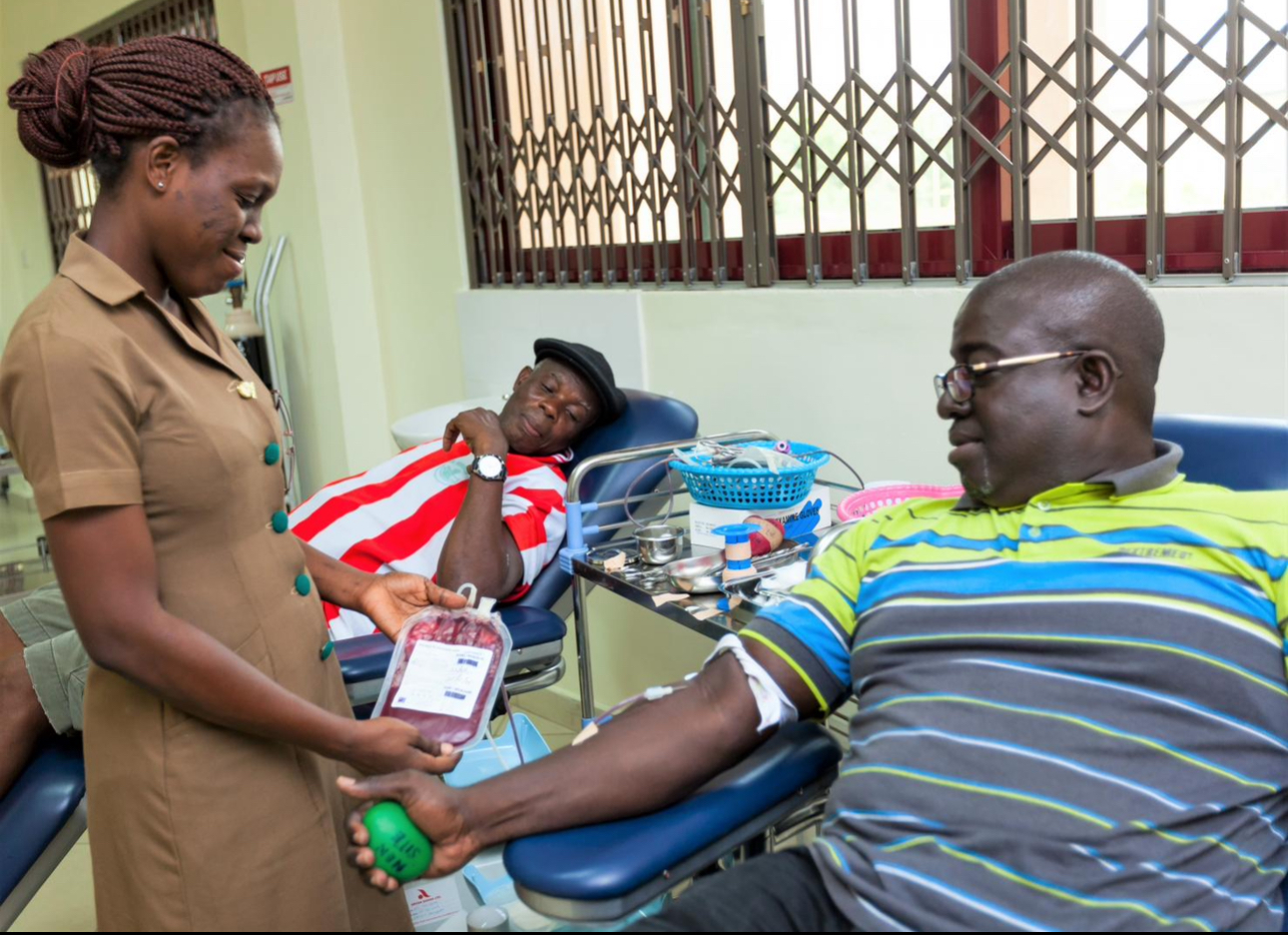Why Lifesaving Blood Donation in Ghana Critically Matters Now

Blood donation is a simple, yet deeply powerful act of love. It involves giving a small portion of your blood so that someone else, who is ill or injured, can live. This life-saving liquid is collected, tested, and stored in hospitals or blood banks, ready to be used in times of emergency. Every pint donated is a gift—a chance for someone to survive. In Ghana, this gift is needed more than ever, yet not enough people are stepping forward to give it.

In our hospitals every day, there are children with sickle cell disease, mothers facing complications during childbirth, accident victims, and patients undergoing surgery who all depend on donated blood. Sadly, many of them don’t receive the blood they need on time. This delay often leads to death—not because there is no treatment available, but simply because there is no blood. We live in a country full of warm, compassionate people, yet our blood banks remain empty. Why? Because many people only donate when a relative is in need. We must move from this “replacement donation” system to a culture of voluntary donation.

Voluntary blood donation means choosing to give blood freely, regularly, and without being asked. It is the safest and most sustainable way to ensure blood is always available when needed. When people donate voluntarily, healthcare professionals don’t have to waste time searching for donors. Instead, they can act quickly to save lives. You don’t have to wait for someone close to you to fall sick. By donating now, you are helping someone’s brother, mother, child, or friend—and maybe one day, someone will do the same for you or your loved one.

The truth is, donating blood is safe, quick, and simple. It takes less than 30 minutes. Your body naturally replaces the donated blood within a few days. It doesn’t make you weak. You don’t need to be rich, famous, or a health worker to donate. You just need to be healthy, willing, and at least 17 years old. This small act can make a huge difference—it can help a child grow up, a father return to work, or a grandmother enjoy more time with her family.

Many people in Ghana still have fears or wrong ideas about blood donation. Some think they’ll fall sick or that it will affect their strength. But the truth is, regular donors often feel healthier and more fulfilled, knowing they are helping others. Blood donation is not just a medical act—it’s a human one. It’s an act of unity, love, and community care. It’s a reminder that someone’s life could be in your hands—and you have the power to save them.

Let us come together as Ghanaians and make blood donation part of our national culture. Let us teach our children, encourage our friends, and lead by example. One pint of blood can save up to three lives. That is three reasons to act. Be someone’s miracle. Donate blood. Save lives. And help build a Ghana where no one dies because blood wasn’t available.

Biomedical Scientist, Data Analyst